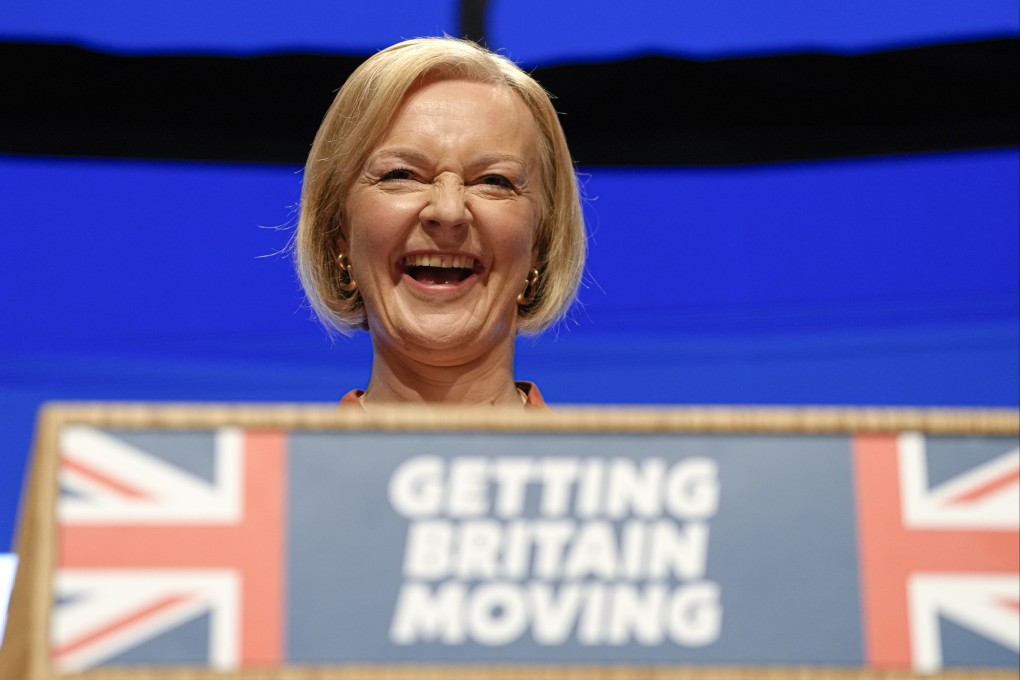How long will Liz Truss last as UK prime minister?
- Britain’s new Prime Minister Liz Truss is battling an economic crisis and dire opinion polls as she tries to assert her authority
- Since succeeding Boris Johnson as prime minister, Truss has alienated voters, financial markets and her own MPs

Barely a month after taking power, UK Prime Minister Liz Truss already faces the question of how long she will last as leader.
Her government’s first major economic plan in late September was widely derided after it triggered financial market turmoil and sent the pound plunging to its lowest level against the US dollar.
Within days of announcing the “mini-budget”, Truss’ government was forced into a humiliating U-turn on part of the package that proposed tax cuts for the rich.
With Britain facing a protracted cost-of-living crisis, and the risk of the pound falling further, the troubles may only be the beginning for Truss, whose authority already appears to be dwindling.
Truss took over from Boris Johnson as prime minister early last month after a majority of Conservative Party members voted for her over former chancellor of exchequer Rishi Sunak in a leadership contest.
There is already dissent among Truss’ MPs, which could grow in coming weeks as dire opinion polls weigh on their own chances of political survival. A majority of Truss’ parliamentary colleagues supported her rival Sunak.